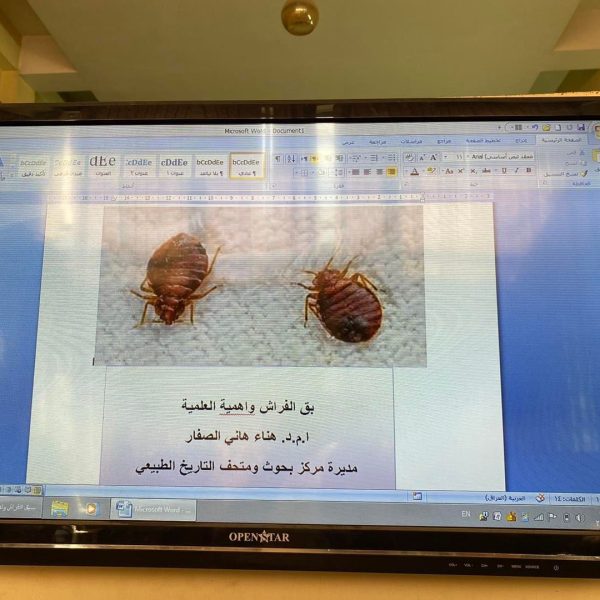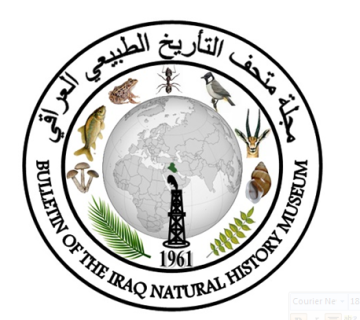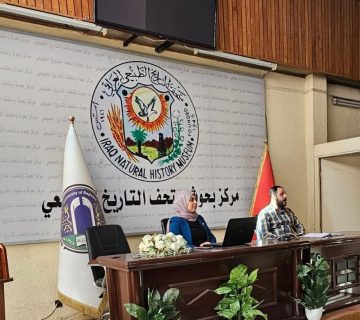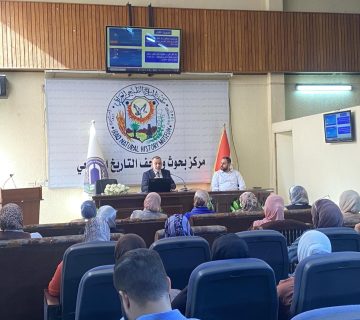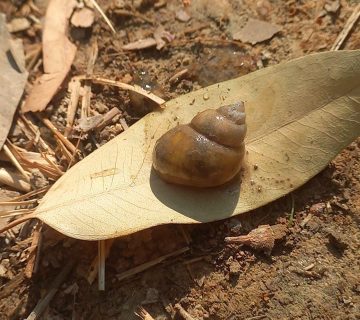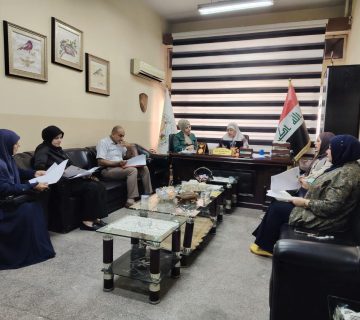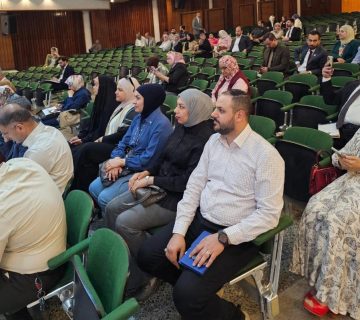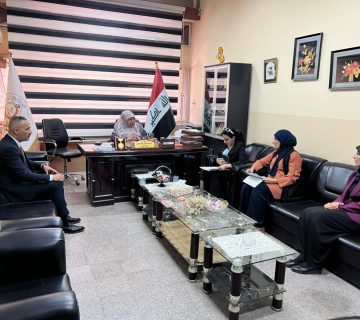On April 7th, 2024, our center hosted a workshop titled “Bedbugs and their Scientific Importance” as part of our ongoing scientific program. The informative session was led by Assistant Professor Dr. Hana Hani Al-Saffar, Director of the Center.
The workshop provided a comprehensive overview of bed bugs:
Description: Bed bugs are small, reddish-brown insects with flat bodies. While they feed on human blood, their bites typically heal within a week or two and are not known to transmit diseases. However, some people may experience allergic reactions or severe skin irritation.
Habitat: These insects hide in cracks and crevices near beds, mattresses, and furniture, emerging at night to feed.
Transmission: Bed bugs can easily spread through travel and contact with infested locations like hotels, hospitals, or shelters. They can hitch a ride on luggage or clothing, unintentionally carried from one place to another.
The workshop emphasized the importance of recognizing bed bugs due to their recent increase in prevalence. While no current pesticides or treatments specifically target infestations, the lecture offered valuable preventative measures:
Regular Cleaning: Thorough cleaning of bedding and surrounding areas is crucial to eliminate hiding spots.
Sun Exposure: Sunlight can be detrimental to bed bugs. Regularly airing out mattresses in direct sunlight can help control populations.
By raising awareness of bed bugs, our center aims to empower individuals to protect themselves from these pests.
The event concluded with our center’s unwavering commitment to serving society through scientific knowledge and education.
It’s important to note that while sun exposure can help, it may not be a complete solution for bed bug eradication. Further research into effective control methods is still ongoing.

